Al Diyafah High School, Al Quasais Industrial Area, Al Nahda 2
Al Diyafah High School, updated August 2019
Growing from a micro villa school established in 1982, Al Diyafah High School (ADHS) was given a 100,000 square foot plot of land by the Dubai government in late 2001 to build a new school after villa schools were gradually closed in order to improve the standard and quality of education throughout the emirate.
The new site saw the school retain its name as it moved from Al Diyafah Street in Satwa to its current home in Al Nahda.
In September 2013 a sister branch of ADHS opened in Abu Dhabi, the Diyafah International School, in part responding to the demand created by its sister emirate’s completion of its own villa closure programme.
Still family owned, and executively managed by the founder’s daughter, both schools are today professionally run by British principals. Patricia Johnston, previous Head, joined Al Diyafah High School in August 2015 following her role as Executive Principal of Diyafah International School (September 2014 – May 2015), where she was brought in to support the school through its second inspection. The impact of her leadership on the school was positive, and we were particularly impressed with the level of transparency in publication of school examination results in full – something that many Tier 1 premiums still fail to deliver. Ms Johnston’s leadership, and the significantly enhanced improvements in both school governance and investment in the school by owners were recognised by the KHDA, Inspectors noting: ” the very positive impact of the Principal and enhanced leadership shown by her recently restructured leadership team at senior and middle school levels. […] Leadership has improved and developed across the school, with increased resources and recent appointments made by the board of governors and leaders also enhancing the school’s ability to focus on its vision and values.”
Current Principal is Phillip Burgess. We are awaiting further independent feedback and will update our review to reflect this when received.
ADHS serves a very predominantly Indian expatriate demographic with 29 other nationalities also represented at the school. The school’s curriculum is British, based on the Early Years Foundation Stage at FS1 and FS2. The English National Curriculum is applied in the Primary and Middle school years, adapted to KHDA guidelines and the culture and values of the UAE. From Years 11 – 13 students follow Cambridge and/or EDEXCEL curricular for IGCSE, AS and A Level.
The academic curriculum is strengthened by co-extra-curricular enrichment and social responsibility programmes. Currently these include clubs for computing; CV writing; “block busters”; needle craft; environmental “best-out-of-waste” solutions; general knowledge; public speaking; drama; Arabic culture; music; personality development; dress designing; different forms of art; cooking; video editing; blogging; community service; and advertising. An annual major project at Sixth Form sees students working on solutions to identified global or local problems/issues.
Facilities are efficient rather than ground-breaking, but are subject to ongoing investment and improving outperforming the value segment average. They include interactive board-inclusive classrooms; independent senior and KG-Year 4 libraries; separate physics, chemistry and biology laboratories; phase specific IT labs; Music Room (taught only until Year 8); Art and Design facilities (taught to A2); clinic, prayer room, canteen; and playground for basketball, football and mixed shaded and outside play. Investment in the school is ongoing and in November 2015 the school inaugurated a new new Sixth Form Building, “The Winnie D’Cunha Block”, named after the school’s late founder. A measure of a school can often not be found in its failures, but the speed and commitment it shows in addressing them. Al Diyafah cannot be faulted here. More recent improvements still can be found in both a new extension and play area for PS Phases and enhanced technology provision and policies including the roll out of BYOD [Bring Your Own Device].
Other major KHDA warnings at the school’s 2014-15 inspection included concerns at the very limited and “unsuitable” music facilities; libraries too small to meet the needs of children at any phase; “notable shortages” in reading materials for younger children; high staff turnover particularly damaging to children at FS grades; and overall facilities provision that, whilst clean, is sufficient to only “generally” meet curriculum needs; weak governance not understanding its responsibilities or holding the school to account; and a lack of classes for Arabic as a First Language at FS level. This had been justified by the school on the basis that at the time of inspection there was only a single Arab student at FS level. It is telling, and impressive, that none of these concerns have been carried forward.
Positives in 2014-2015 included elements of outstanding full spectrum Special Educational Needs [SEN] provision; governor investment in whiteboards within classrooms that were making an identifiable difference to teaching; Post-16 student progress in English; secondary and sixth form personal and social development and outstanding parent and community links. All of these strengths remain.
In its latest 2015 -2016 Inspection the school has maintained its “Good” school rating, one it has maintained now consistently for the last 5 years. This ranks the school at the level the Dubai Inspectorate of schools expects all schools in the Emirates to meet, this judged across the 6 KHDA Inspection gradings which run between, Very Weak, Weak, Acceptable, Good (Al Diyafah High School’s scoring), Very Good and Outstanding. This overall scoring does not capture, however, the outstanding performance of the school in its care for children, its outstanding community links and very high performing SEND provision. It is arguable that it is these three areas above all others that define the fundamental environment and school experience parents should expect from a school – and in these areas there is no doubt Al Diyafah is delivering an exceptionally happy school life for its children; a considerable achievement. This is certainly not a hothouse school – and its good examination results have to be understood in this context. We are genuinely impressed.
The school has a house system, one of four houses being assigned to each child as they enter the school. Interestingly each has its own distinct motto and associated area of skill: Marco Polo “Discover new horizons”; Albert Einstein “Look up, get up, never give up”; William Wordsworth “Strive to Conquer”; and Jesse Owens “Race to the finish line.” Children cannot change houses, for example because of friendship, on the basis that it is designed to replicate the challenges of adult life, working with different type of people to a common good. The house with the most points at the end of the year wins the “House Cup.”
Entry to the Sixth Form is not automatic; children follow exactly the same competitive procedure for entry as prospective external students. A view is taken based on punctuality, interview and the child achieving A*-C grades in the relevant AS subject.
The school has a restrictive policy on social media and parents or students can be suspended for posting any comments that bring the school into disrepute. We are advised by the school that this policy is designed to reflect “the social media policy as set out in the Parent Contract which comes directly from KHDA – all schools in Dubai are expected to ensure that all parents sign this document.”
Diyafah is now impressively transparent in publishing the examination results of students, comprehensively breaking down student attainment at IGCSE, AS and A Level by subject for 2016 – and including clear comparatives for results for the preceding two years. This new transparency is reflected in much clearer overall information for prospective and existing parents with simpler signposting to key areas of broader school provision. We would like to see this developed in calculation of added value – Diyafah has an impressive and extremely detailed intervention policy for identifying and responding to Special Educational Needs, including the Gifted and Talented child [G&T], and we think this would be of value to parents – and something the school would benefit from celebrating. Calculation of added value does require considerable work however, in statistically mapping individual child flightpaths, and will take more time. As it stands, however, transparency is at a very high level and competes with the top tier of the most open, and information (rather than lesser marketing) rich, schools for parents. We and our sister site, WhichSchoolAdvisor.com continue to campaign for transparency in order that prospective parents can properly benchmark a school’s provision, that schools can better exchange good practice – and that standards across the sector can be improved.
Whilst the school has been rated “Good” consistently over the last five years, after three years of operating only acceptably, it remains, however, significantly short of outstanding and some distance from being a “Very Good” school.
Many issues have historically been related to investment and tired and/or inadequate facilities. It must be remembered that Al Diyafah is operating within the value segment with all the limitations on income that come with this. Whilst the school has now completed its Sixth Form centre, facility investment needs to go very significantly beyond provision of whiteboards in classrooms, a provision that should have been standard rather than seen, when introduced, as an innovation. That the school historically had identified issues related to the limited teaching space available to students in some subject areas too was a particular concern for us, as also the very significant turnover of teachers at phases where children are particularly vulnerable. Both of these areas have now been addressed head on and resolved.
As above too, the school is now subject to ongoing, careful investment. The improvements are striking, tangible and, over time, we believe, in conjunction with its highly effective leadership, governance and the ongoing investment of owners, should provide the foundations to move the school to the higher “Very Good” class of schools. It is worth noting that in many of the the non-academic areas which provide the foundations for whole child development, Al Diyafah is now delivering at an Outstanding level. The school is only being held back now only by its “Good”, rather than “Very Good” standard of teaching – and the impact of this across the curriculum. We would expect on the basis of its latest inspection to see improvements in 2016-17.
Facility investment is expensive in the short-term, but that needs to be aligned with investment in teachers, both at the outset and in ongoing training. School manuals, however extensive and well written, will only take a school so far. This is something that has clearly now been recognised.
Historically, investment in teacher training at ADHS required teachers to repay costs if they left the school before three years after receiving it. We believe that this certainly does not help in establishing trust or an environment where teachers will either seek out professional development or stay for the right reasons. We are seeking clarification whether this policy is still in place. What we can say is that teacher turnover has now reduced by more than half to 10% – by Dubai standards significantly better than average for the value sector.
There are some stand-out features of the school for this sector, particularly at A’Level. Whilst the curriculum choices are limited, we are exceptionally impressed at the provision of English and Psychology. English is often dropped in the Indian value UK sector schools at Advanced Level – and the choice to offer Psychology, a major link subject between Social Sciences,the broader Arts, and Sciences (the area much more traditional for this sector) is a choice rarely seen outside the Tier 1s. This, in particular, shows the exceptional thought that underpins Al Diyafah’s approach to post-16 educational provision.
Many of the pressures at this school remain financial. The foundations are there. Areas of improvement, particularly in transparency are now delivering, and demonstrating, a clear, and impressive, commitment to empowering parents. This is a school that is going places, but on historic performance it seems unlikely, without further investment, it will move beyond its long term good rating by the KHDA.
It is a tough school to review. In its care of children, community links, leadership and inclusive provision is high performing. But …..it needs the final link which will see teaching and academics catch up with the broader whole child provision Al Diyafah does so well. Tellingly, this is an area that far more schools struggle with. The investment in professional development of faculty is critical to achieve this ratcheting up of standards. Important as this is though, so too is a school rooted in community, with warmth and the happy environment able to inspire children to develop as young men and women beyond books and exams. This Al Diyafah delivers. A happy school is something to be admired, and happiness at Al Diyafah comes in abundance. Recommended for what it does so well – but it could, with investment, achieve so much more.
Go to the FULL REVIEW on WhichSchoolAdvisor.comGood
Good
Good
Good
Private, for profit
FS1: -
FS2: 10,880
YEAR 1: 11,485
YEAR 2: 11,485
YEAR 3: 11,485
YEAR 4: 11,825
YEAR 5: 11,825
YEAR 6: 11,825
YEAR 7: 12,080
YEAR 8: 13,745
YEAR 9: 15,175
YEAR 10: 19,240
YEAR 11: 19,240
YEAR 12: 19,550
YEAR 13: 23,110
National Curriculum for England
(I)GCSE
GCE A' Level
Cambridge
EDEXCEL
Advanced Subsidiary AS: 13
Advanced A2: 12
Mathematics(to A2)
Physics (to A2)
Chemistry (to A2)
Biology (to A2)
Business studies (to A2)
Economics (to A2)
Accounting (to A2)
Art & Design (to A2)
Applied ICT (to A2)
Psychology (to A2)
English (to A2)
Environmental Management (to AS only)
Computer Science
Not published
43% A*-C (2014)
87% A*-C including English and Mathematics (2014)
Not published
17
English (Core) (First Language / English as a Second Language)
Mathematics (Core)
Environmental Management (Core)
ICT/Computer Science (Core)
Physics (Option)
Art & Design (Option)
Chemistry (Option)
Biology (Option)
Accounting (Option)
French (Option)
Business Studies (Option)
Economics (Option)
Geography (Option)
Physical Education (Option)
History (Option)
Arabic (General / Special) [Core non-(I)GCSE]
Islamic Studies [Core non-(I)GCSE]
PSHE [Core non-(I)GCSE]
Physical Education [Core non-(I)GCSE]
Yes
Nursery is a pre-requisite for admission to FS1
FS1: interview
FS2 - Year 10: entrance exam in English and Mathematics + interview
Sixth form: minimum of A* to B grades at IGCSE and A to B at AS level
Yes (in some phases)
Not published (WSA predicted MEDIUM)
1591
Notes:
(1) Pre-K:0
(2) SEND: 23
(3) Emirati: 2
1:14
Indian
12%
1982
Al Qusais Industrial Area, Al Nahda 2, Dubai
Indian (largest nationality)
Special Educational Needs [SEN]: 42
Emirati: 4
Mixed, co-educational
Yes
Private ( Michelle Menezes)
+971 (0) 4 267 1115
40%
60%
75%
60%
53.3%
60%
60%
75%
40%
40%
NA
30%
40%
NA
60%
40%
40%
60%
100%
60%
60%
80%
70%
60%
85%
• Genuine investment in structured SEN provision including Gifted and Talented [G&T] programmes
• Consistent “Good” KHDA school performance after long period as an acceptable school
• Community linkages
• School warmth
• Significant capital investment indicative of a school not resting on its laurels
• School transparency
• Investment in alumni
• Professional development of faculty
• Stable and low levels of staff turnover providing consistency for children
• Warmth
• Value fees
• Outstanding levels of transparency for prospective and existing parents with excellent signposting of key data so that parents can easily benchmark school performance over time and the strengths and weaknesses of existing provision
• Family owned - and this shines through. This is not a school lost in an anonymous corporate behemoth, but a school in which the founding family plays a hands-on, deeply committed role in the school's evolution, improvement and the welfare of children.
• Teaching and academics playing catch up with outstanding and very good levels of whole child provision











































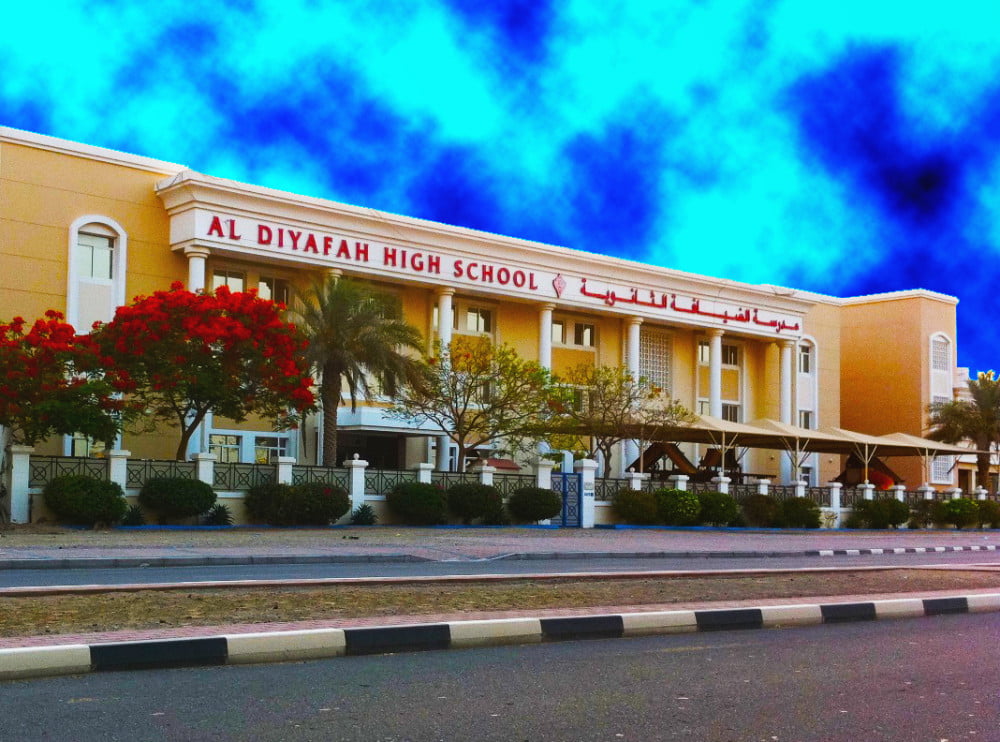

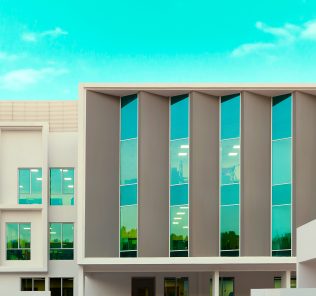
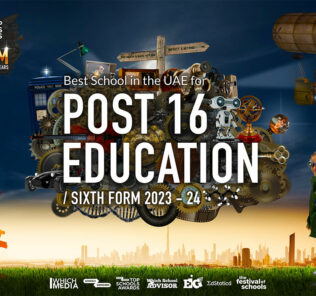
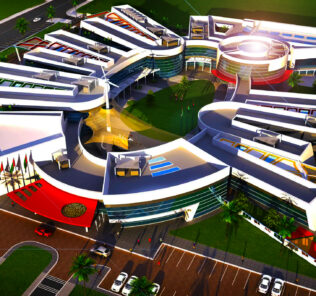
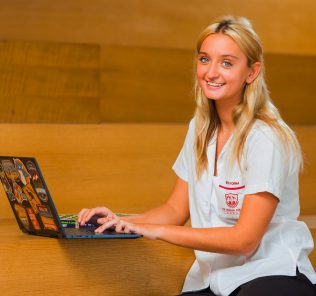
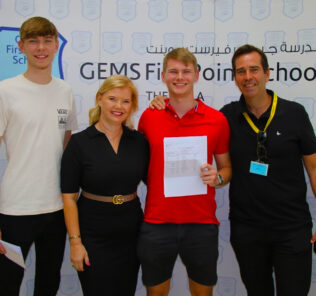
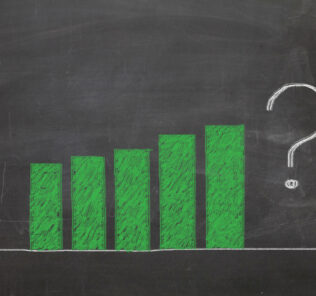
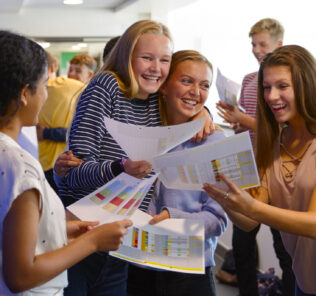
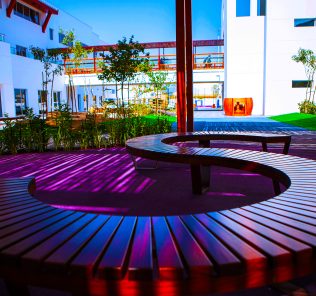
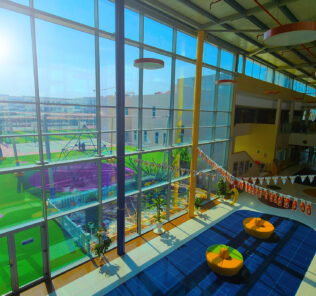
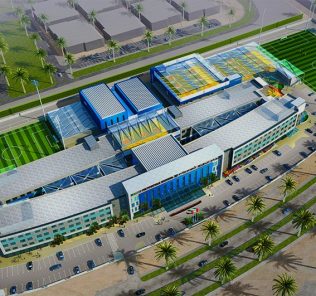
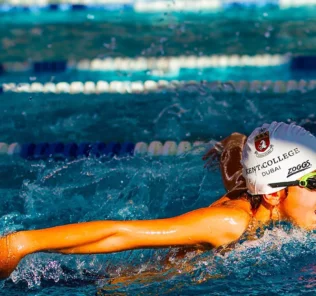
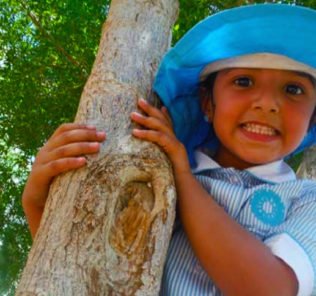
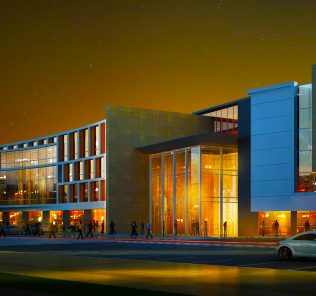
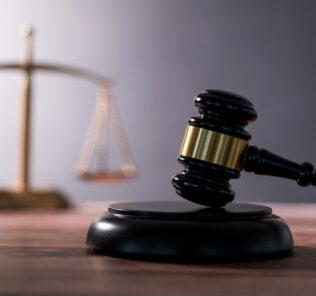
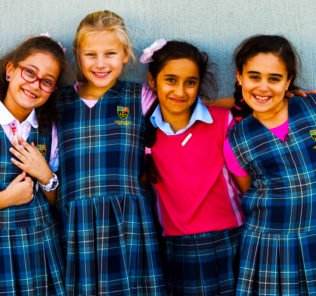













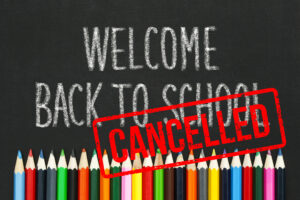

I studied here. It was not a good year. In my opinion some teachers do not act professionally, and even handedly with students.
I used to have horrible headaches because of my relationship with a particular teacher. Other students also felt incredibly under pressure.
Being at ADHS took its toll on my mental health, and some aspects of my physical health. For me, a damaging time.
– This comments has been edited.